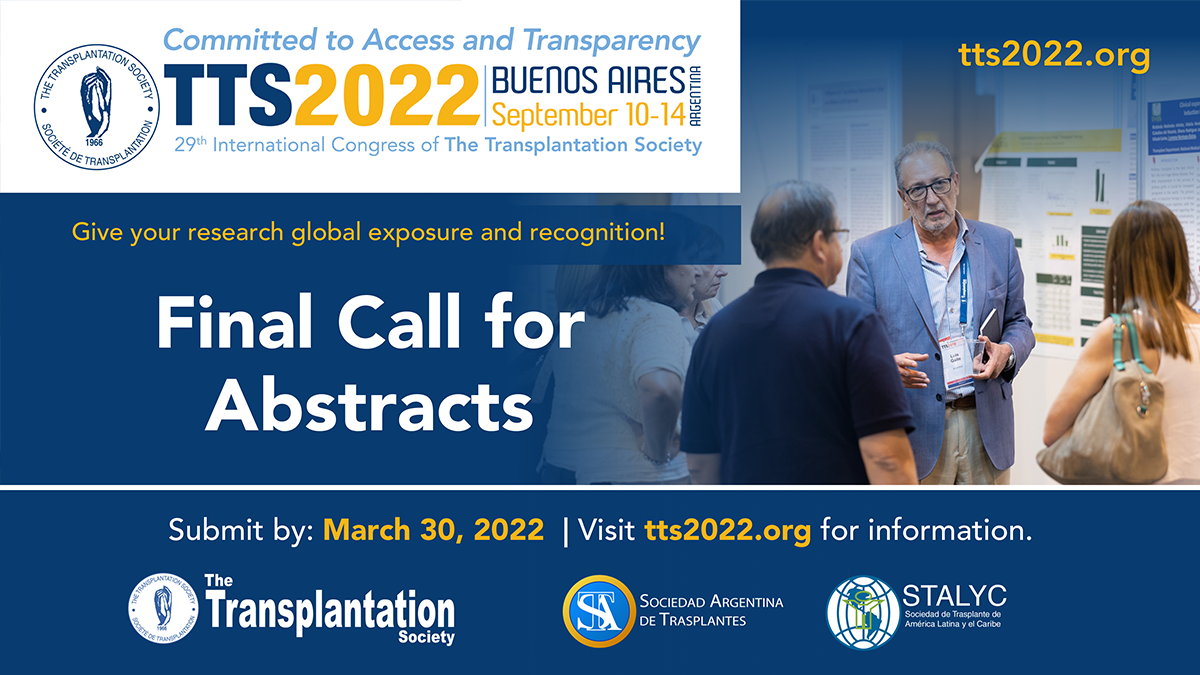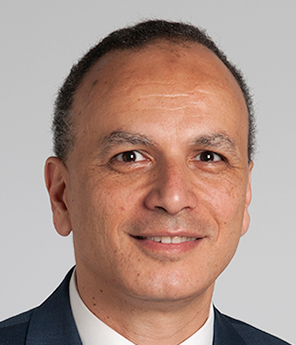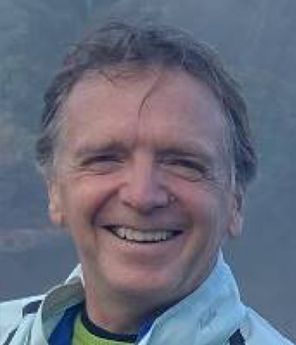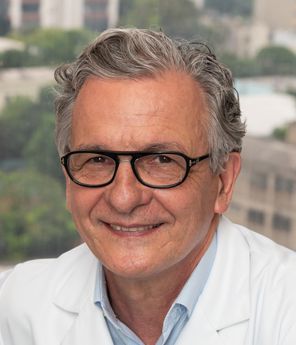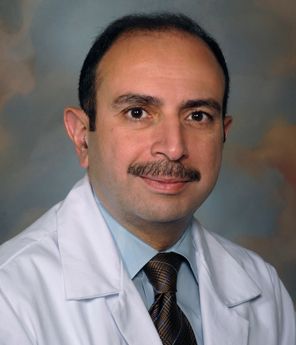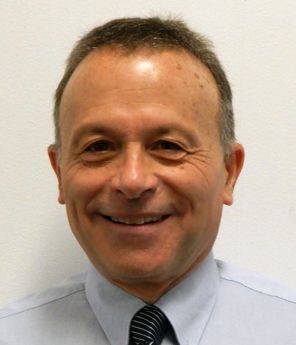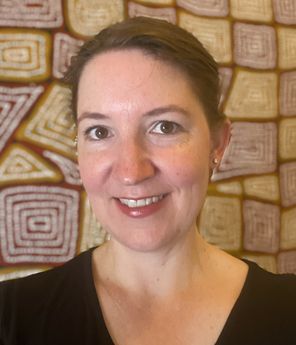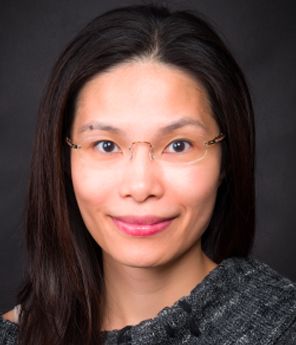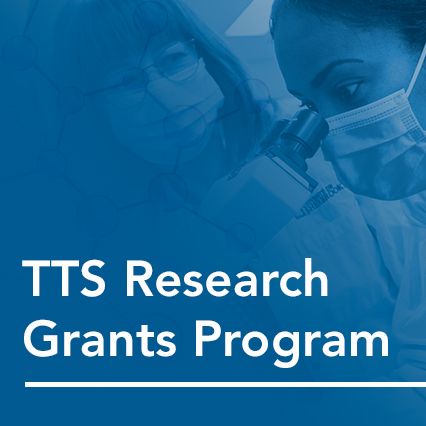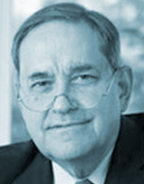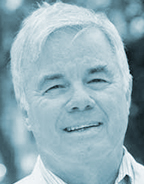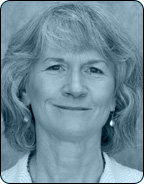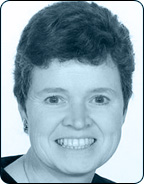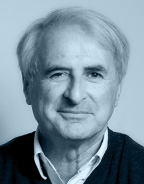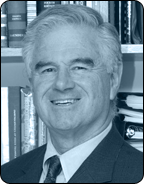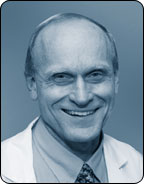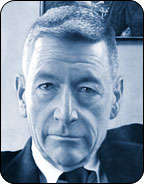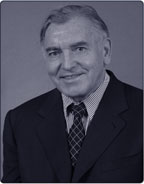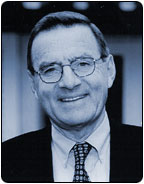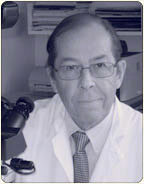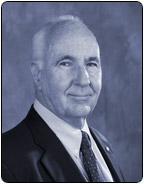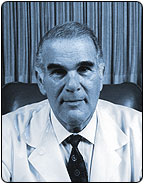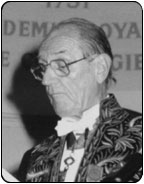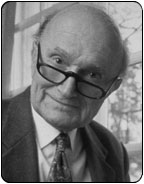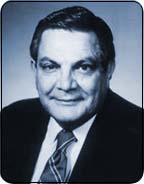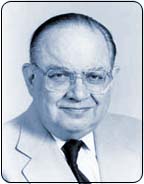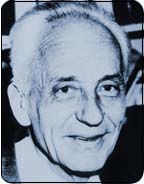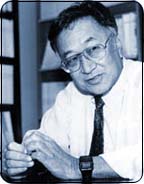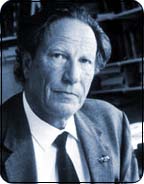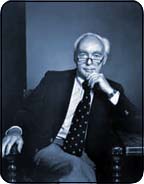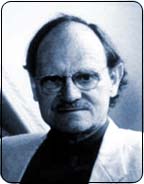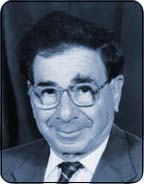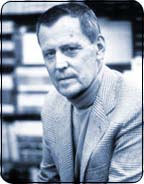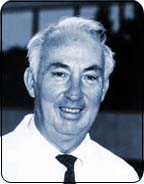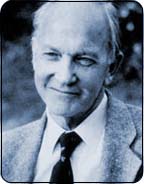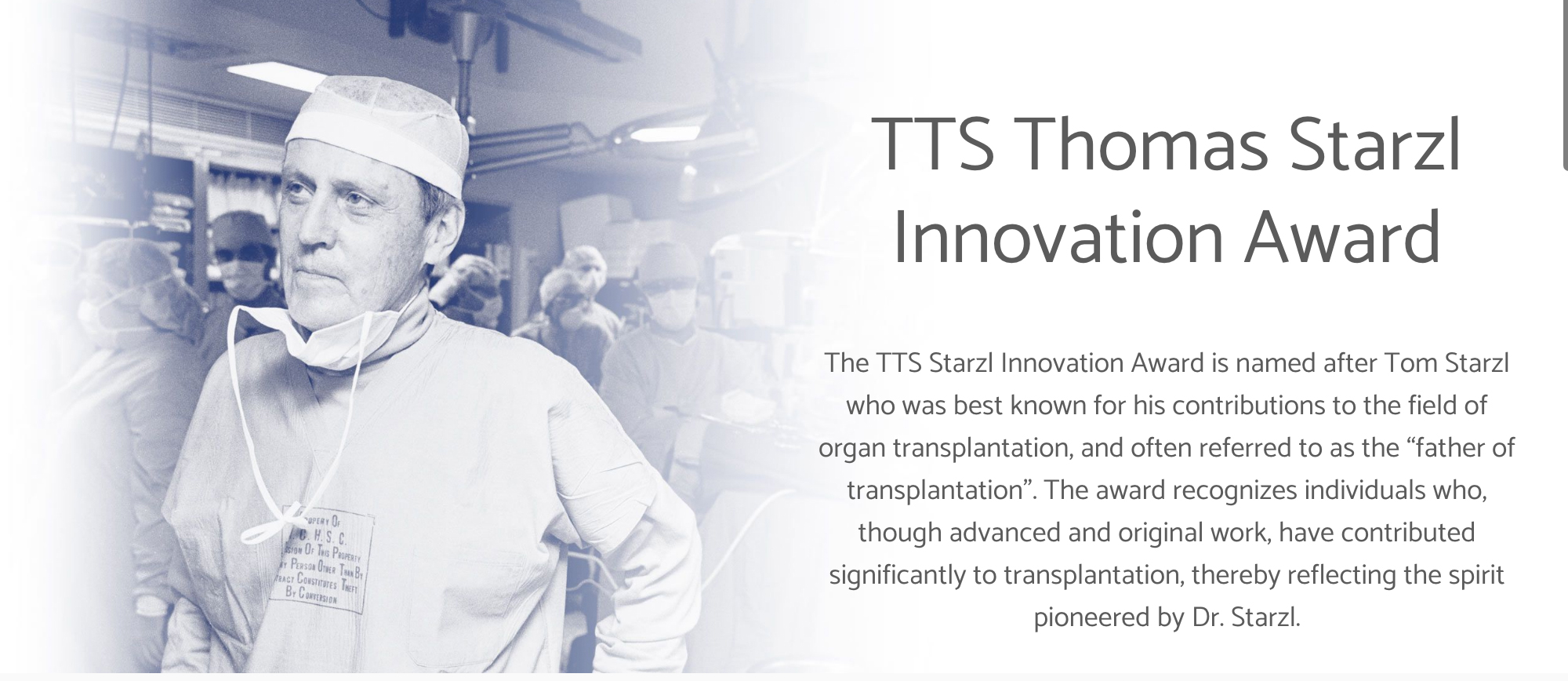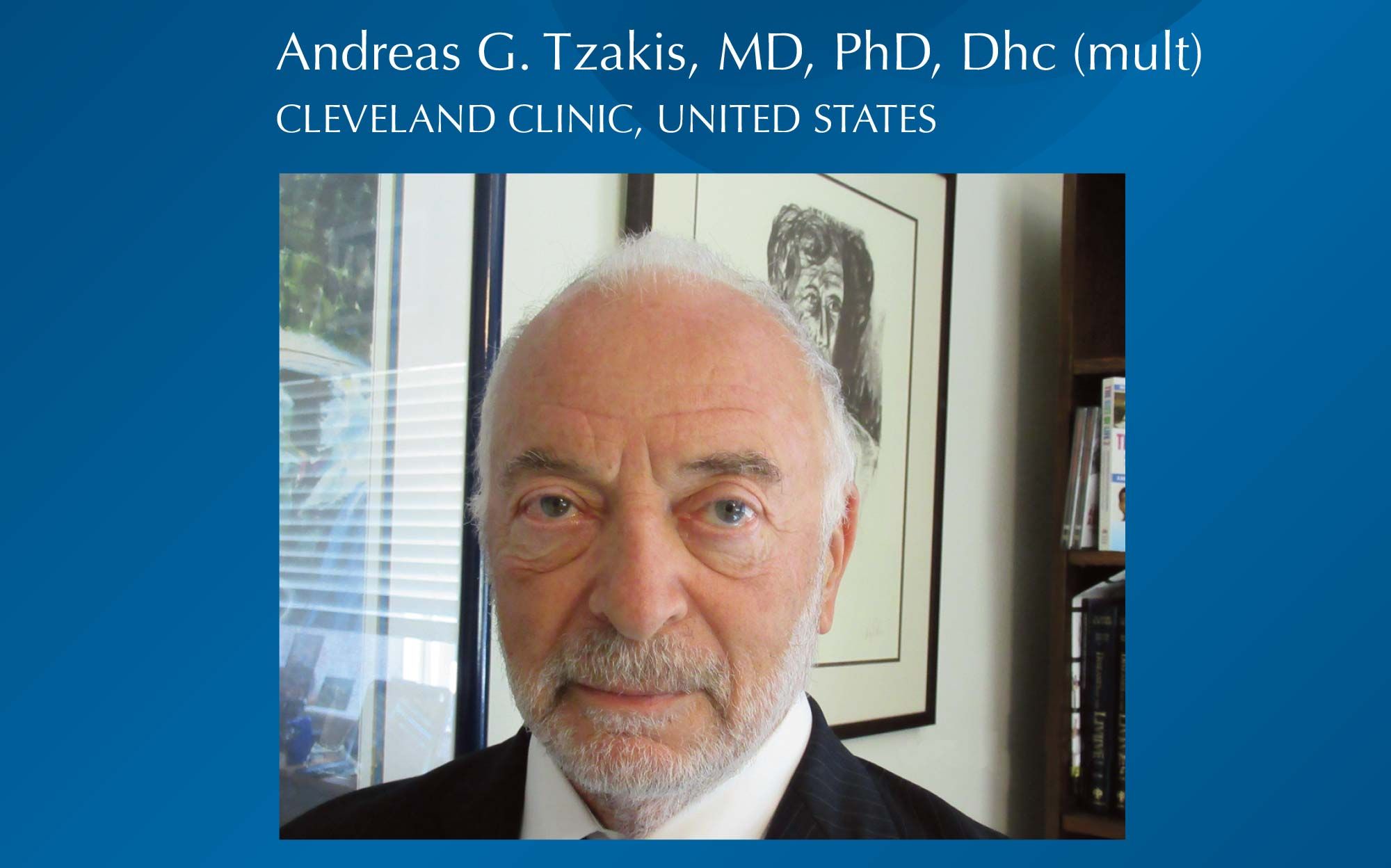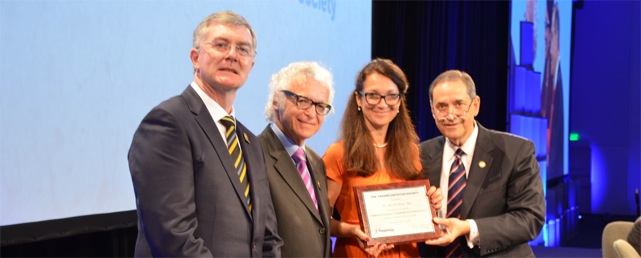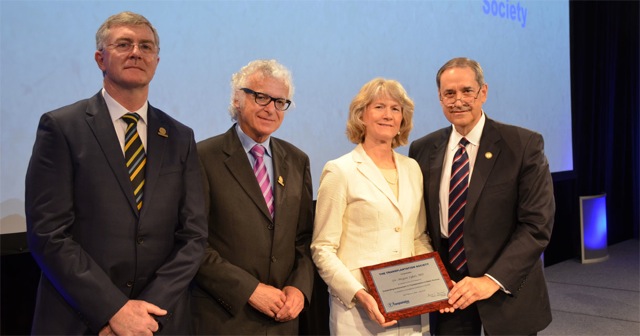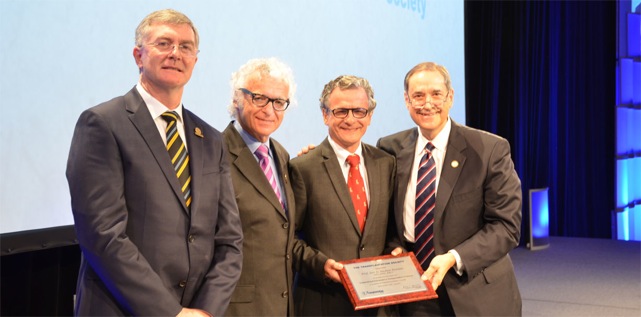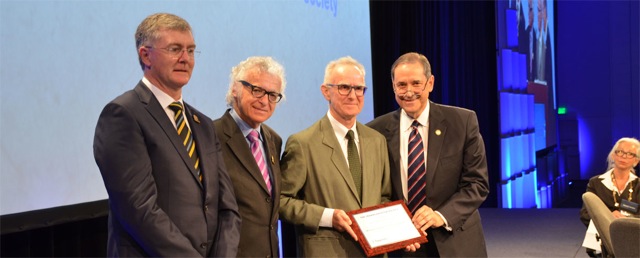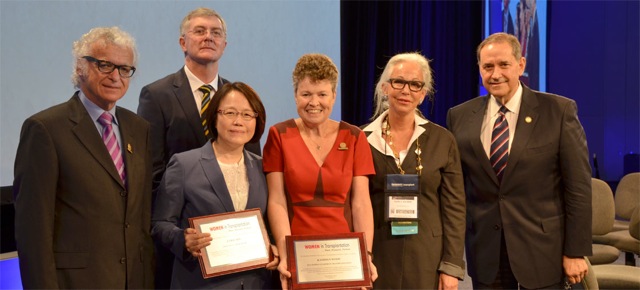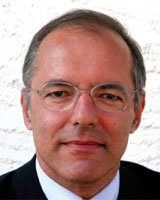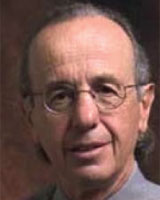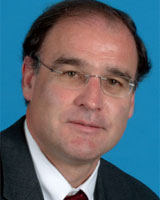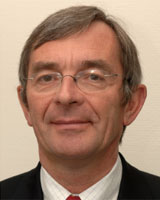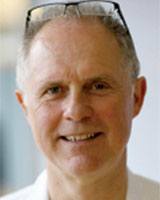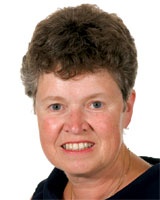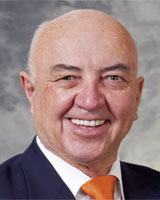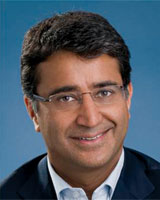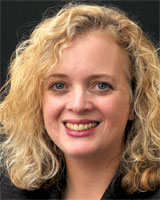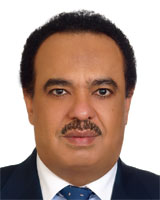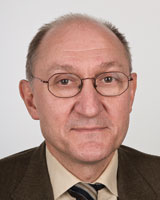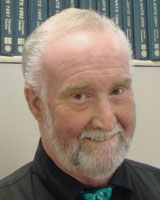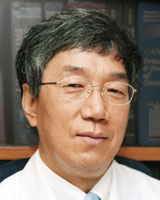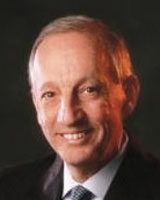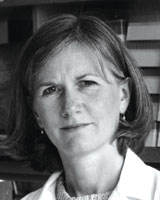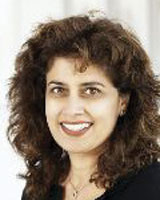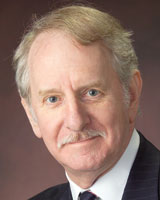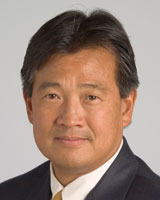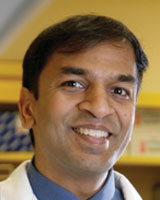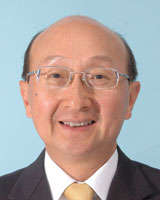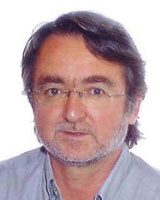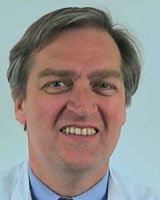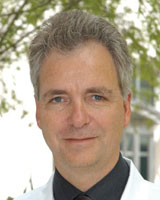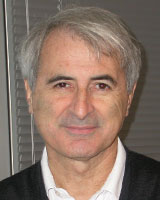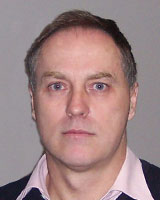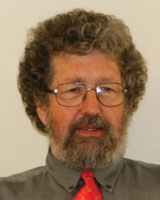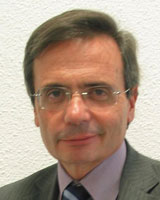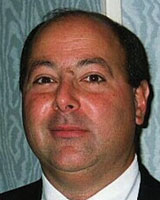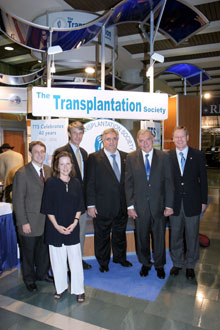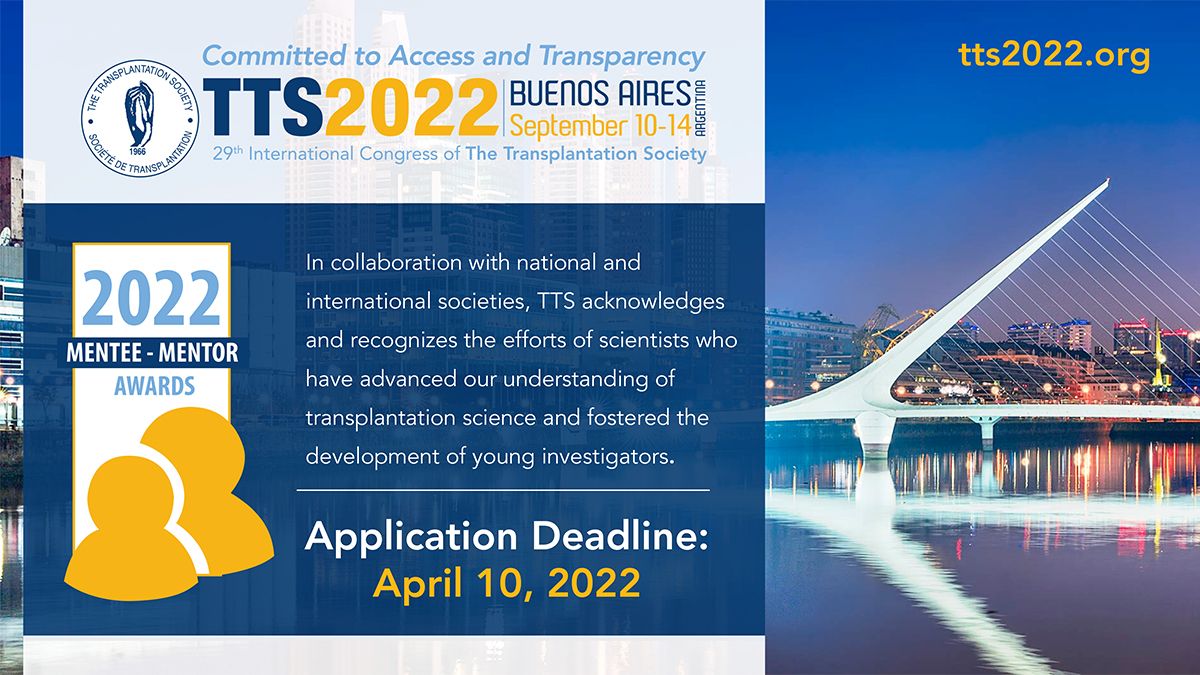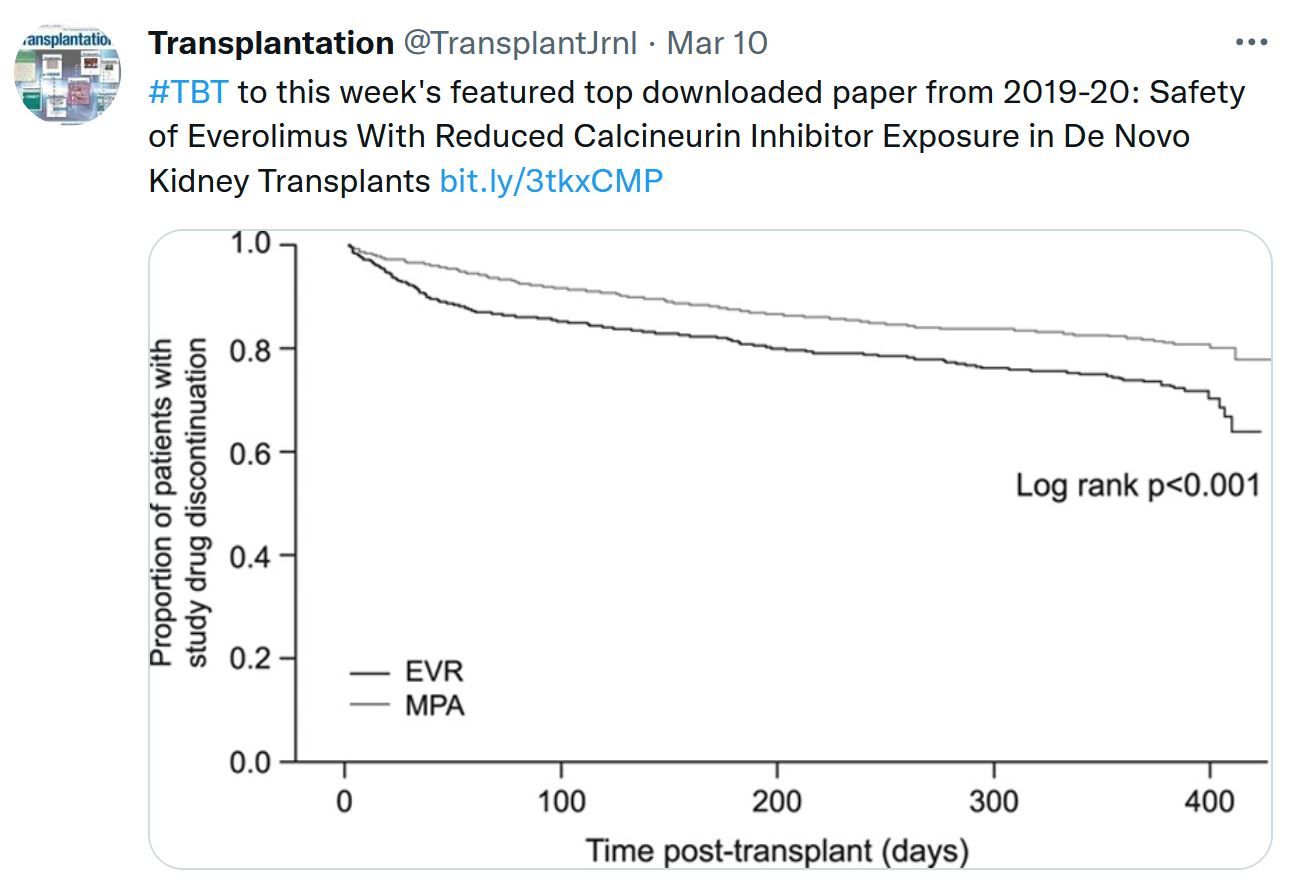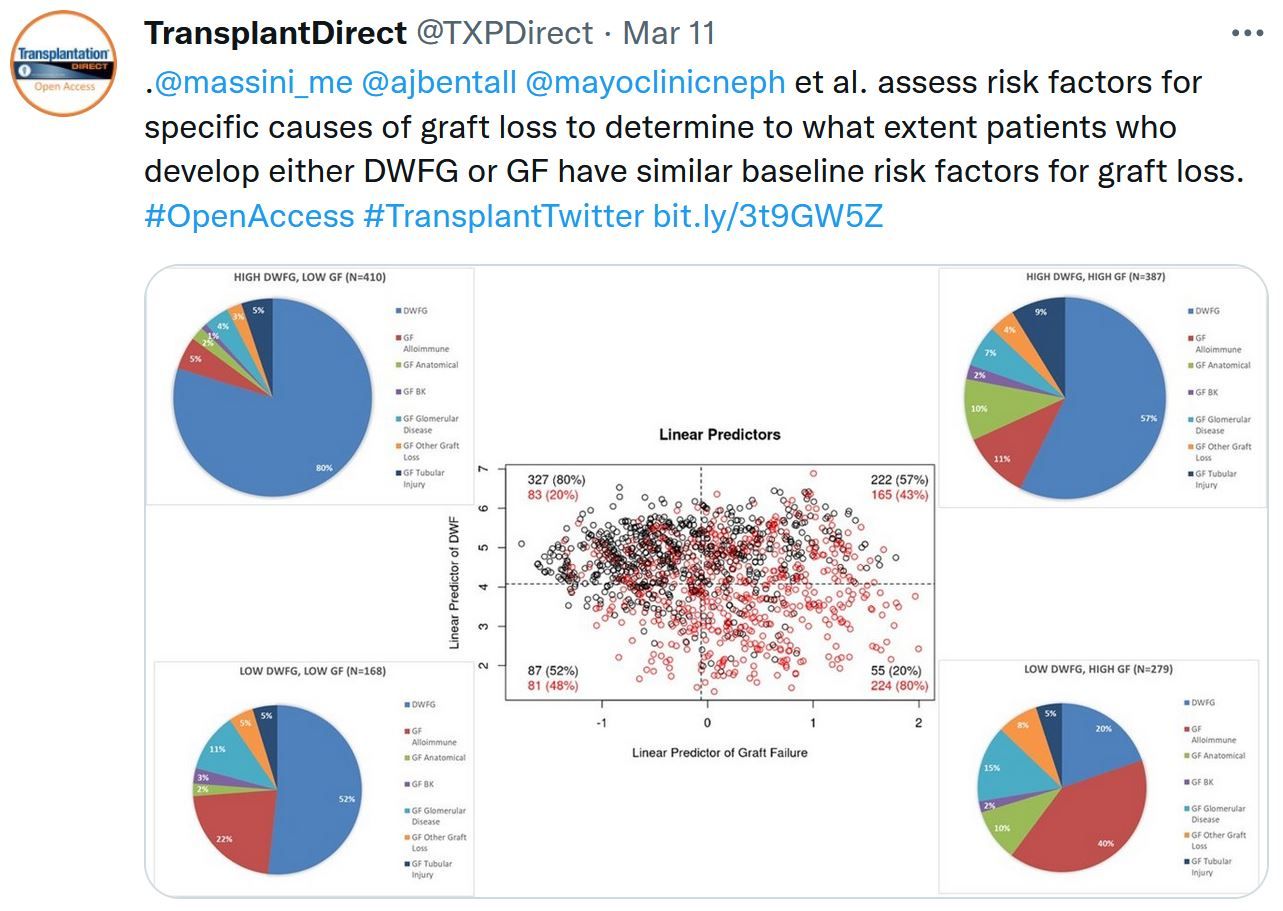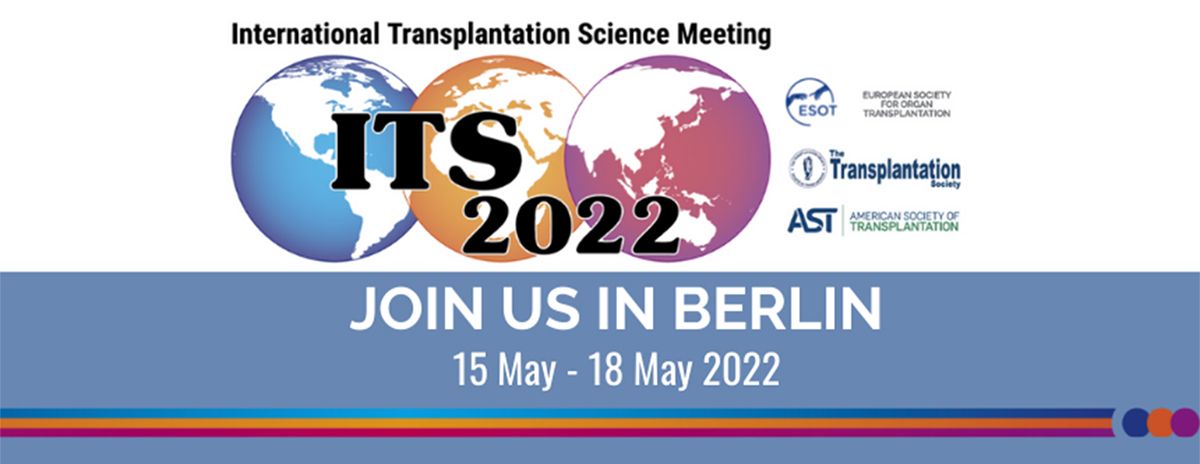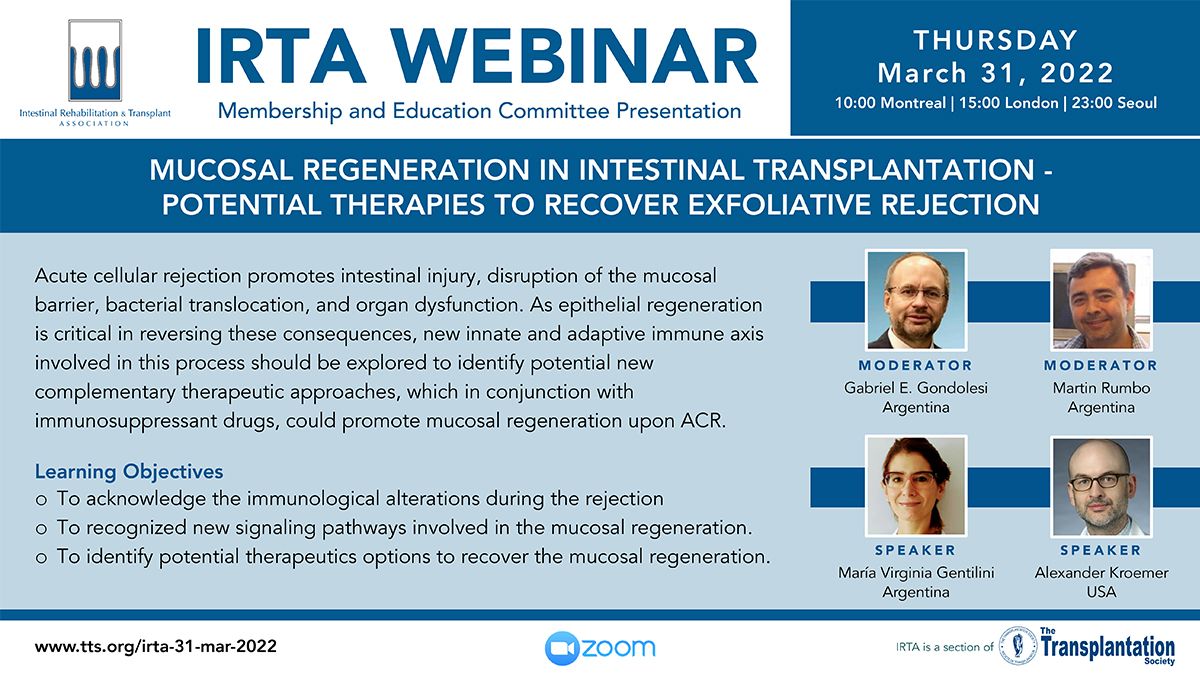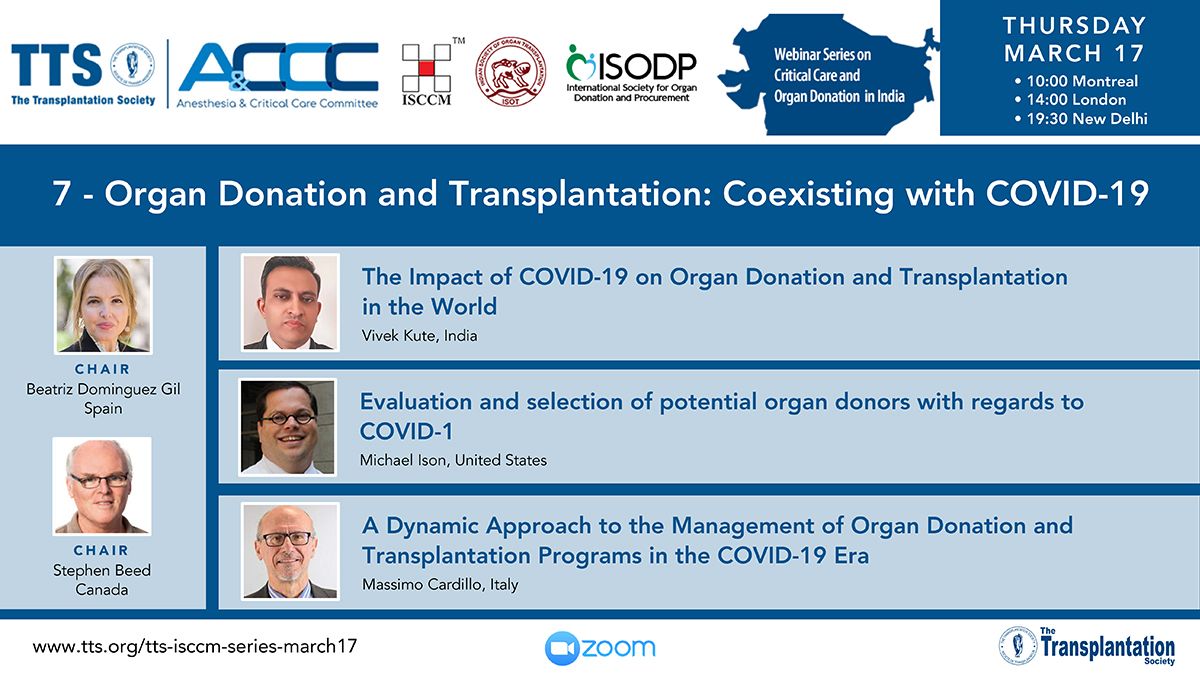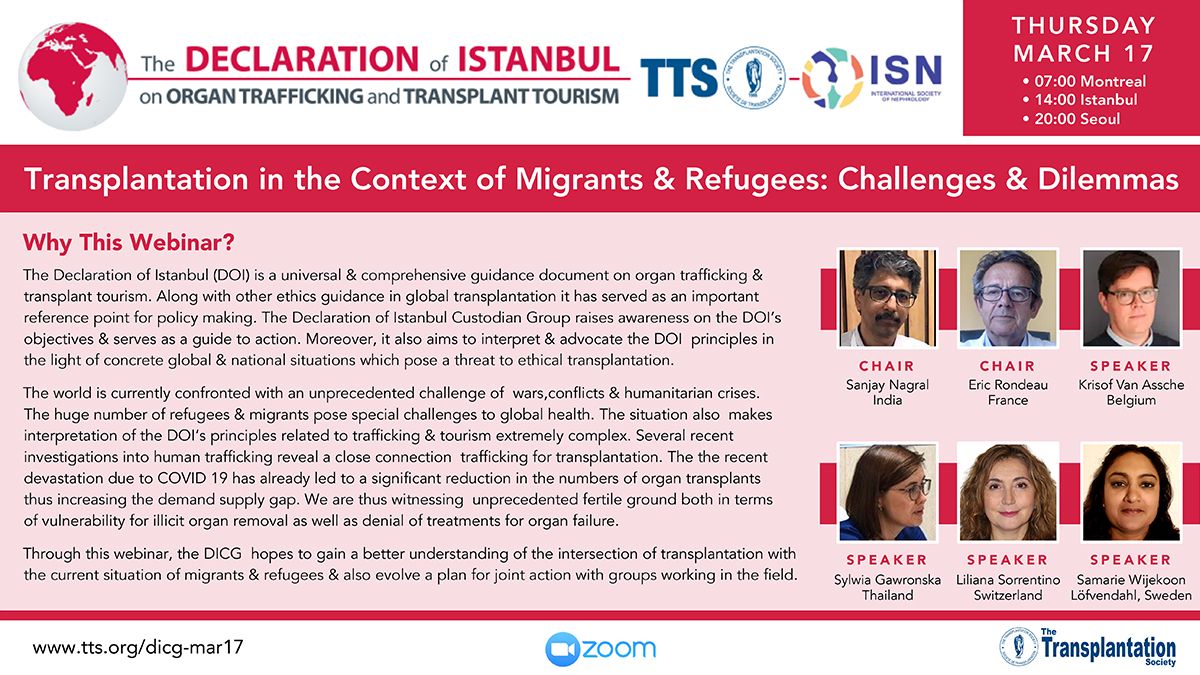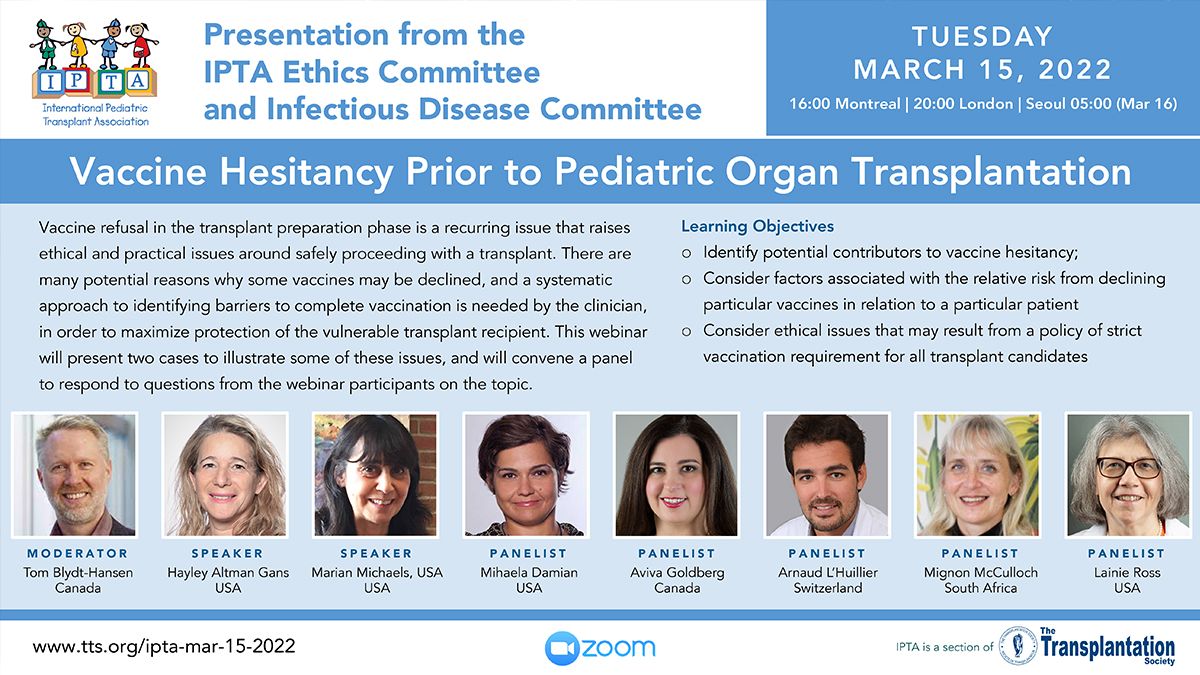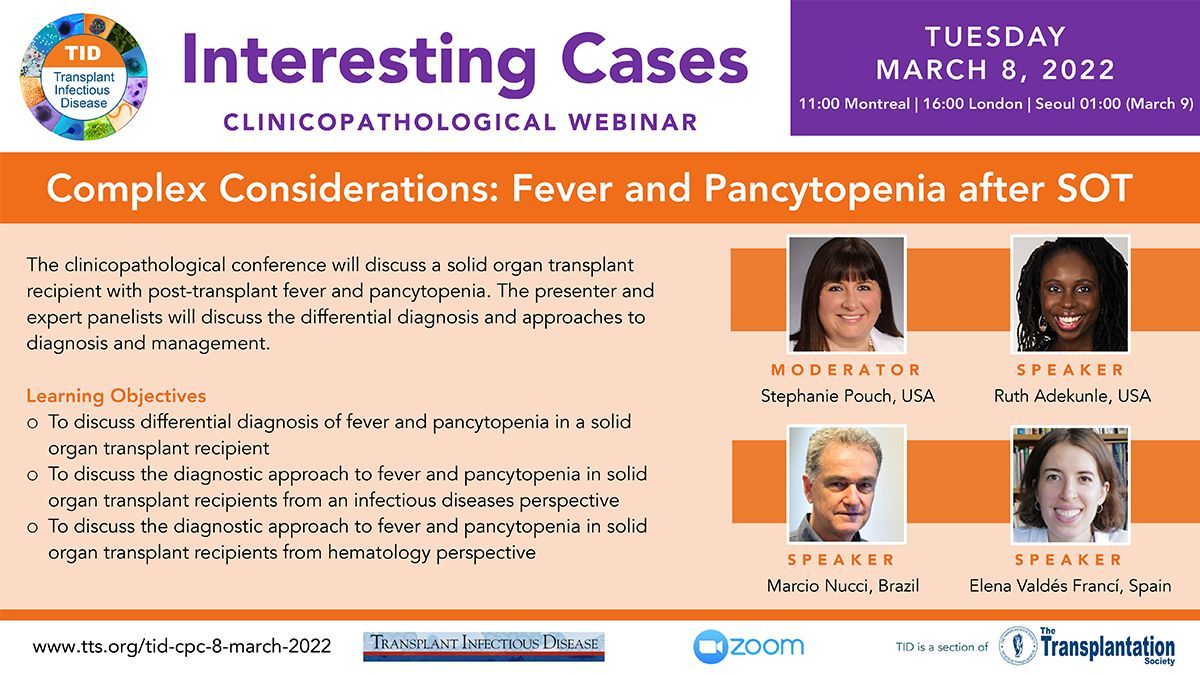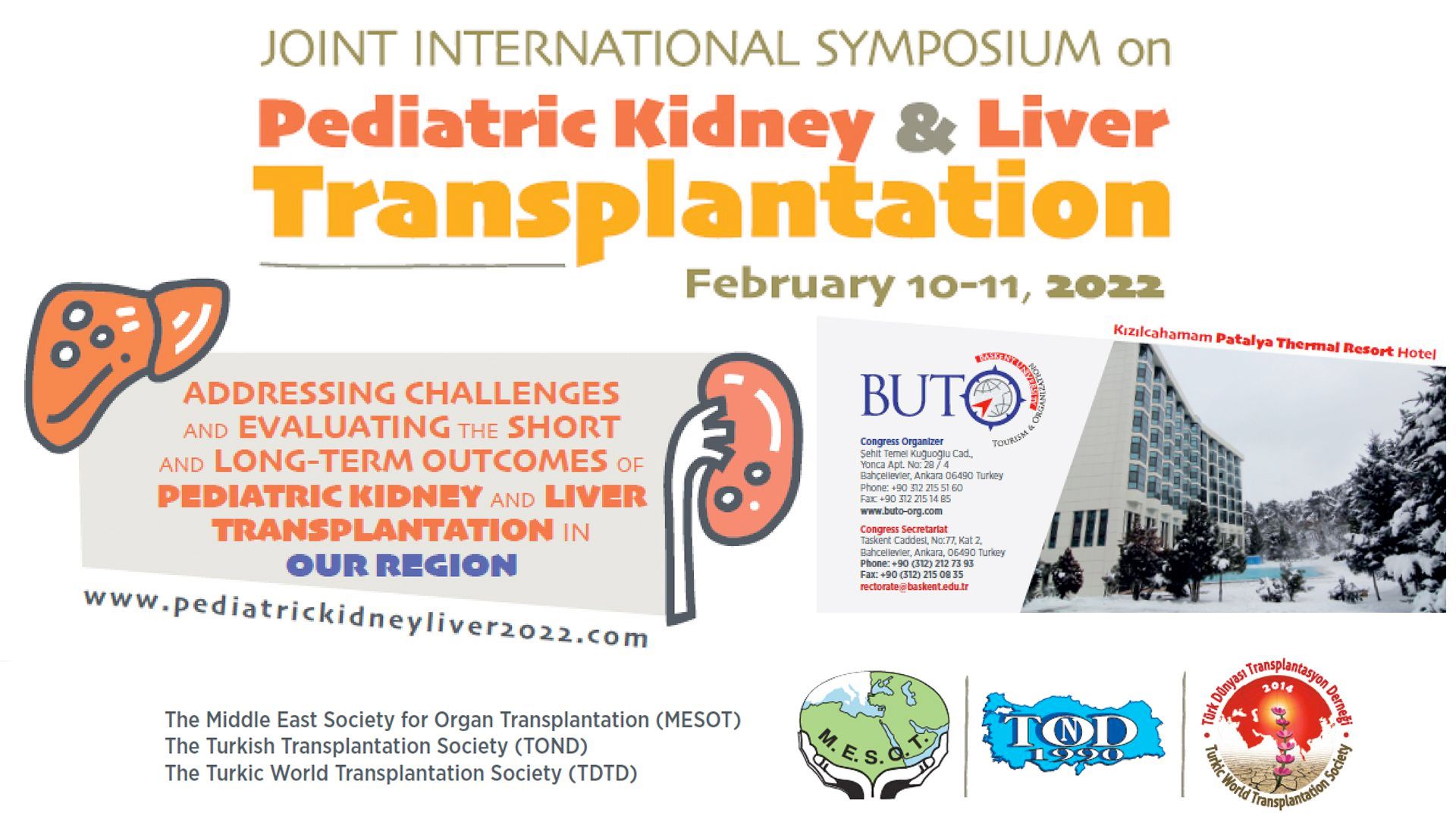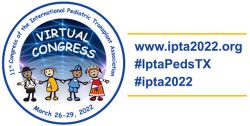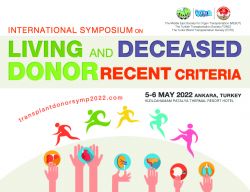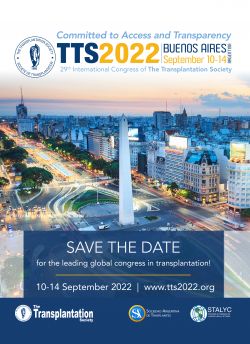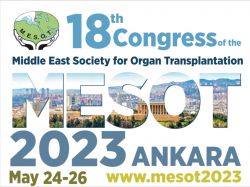
TTS 2022 Elections Are Now Open!
Candidates
(one vote in this category)
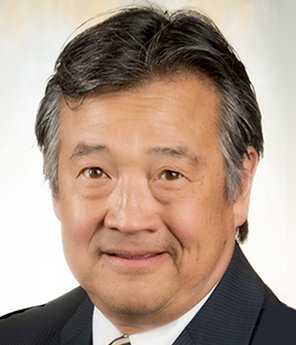
John J. Fung
John J. Fung, M.D., Ph.D. is the Director of the UChicago Medicine Transplantation Institute. Prior to that, he served as Chairman of the Cleveland Clinic Health System Center for Transplantation, and Chief of the Division of Transplant Surgery at the University of Pittsburgh. After receiving his Ph.D. in Immunology and M.D. from the University of Chicago, he completed his transplant surgery fellowship at the University of Pittsburgh, under the guidance of Dr. Thomas Starzl. Dr. Fung has been a major contributor in all aspects of clinical transplantation, from immunosuppressive drug development (OKT3, tacrolimus, everolimus and TOL-101), increasing donor availability (DCD, living donor, organ preservation, machine perfusion, xenotransplantation), broadening access to transplantation (e.g. HIV, HBV, primary and metastatic liver diseases), advocating for fair allocation and broadening distribution and assisting in global expansion of transplantation services. He has written over 1,300 publications and book chapters and serves or has served on the Editorial Boards of 15 journals. Dr. Fung served as President of the International Liver Transplantation Society from 1997-1999. He has served on The Transplantation Society council continuously since 2002, as Councilor, Treasurer, Secretary and Vice-President. His vision for TTS includes outreach to developing countries and enhancing global alliances to improve the outcome and access to transplantation.
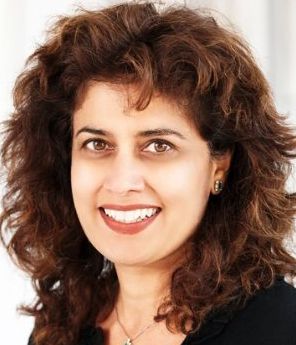
Minnie Sarwal
Minnie Sarwal is a pediatric and adult transplant nephrologist who has worked in the field of transplantation since 1997. She has trained and worked in 3 continents (Asia, Europe and North America), and is passionate about improving outcomes after organ transplantation for both children and adult transplant recipients, globally. She has dedicated her career to advancing mechanisms and management of transplant rejection by innovations in immunosuppression design and diagnostic biomarkers, and directs an NIH-funded Precision Transplant Lab and has authored over 300 peer reviewed publications. She has been an elected IPTA Councilor (2006), IPTA Outreach Committee Chair (2010-2015), TTS KOL (2008-2012), elected TTS Councilor (2014-2018), TTS Junior Treasurer (2018-2020) and TTS Senior Treasurer (2020-2022). She founded the TTS-Transplantomics meeting (2010-15) and advises the FDA Commissioner on the FDA Science Board (2017- 2022). She is currently a Professor in Residence, Department of Surgery, the Medical Director of the Kidney-Pancreas Transplant Program and Co-Director of the T32 Training Grant in Transplant Surgery, at the University of California San Francisco (UCSF). She has previously been Professor, Pediatrics and Surgery, and Medical Director of the Pediatric Kidney Transplant Program at Stanford University where she developed the first complete steroid avoidance program for renal transplantation in infants and children. A prolific speaker and educator, Minnie holds the TTS-Roche Award for Outstanding Achievement in Transplantation Science (2010), National Kidney Foundation- Cuneo Richardson Award for Excellence in Research (2012), is a Capstone Mentor for the Berkeley-Haas Masters in Translational Medicine (MTM; 2015-2022) and is Chief Editor, Frontiers in Nephrology (Nature). Her vision for TTS is to improve outreach, alliances and advances in technology and diagnostics globally and to developing countries to improve outcomes and equity in transplantation.
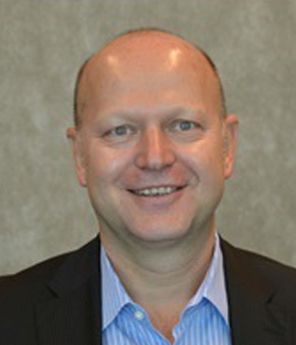
Stefan G. Tullius
Stefan G. Tullius, MD, PhD, FACS, is the Joseph E. Murray, MD Distinguished Chair in Transplant Surgery, Professor of Surgery, Harvard Medical School. He has roots in both Europe and the USA, and collaborations around the world. After training in Berlin, he was appointed Chief of Transplant Surgery and Director of the Transplant Surgery Research Lab at Brigham & Women’s Hospital, Boston, in 2005. Dr. Tullius has served as Councilor and Treasurer for TTS and has been on the Boards of ESOT and UNOS. He is currently a Board member of the National Kidney Registry and Vice President of the Int’l Society of Uterus Transplantation, now a section of TTS. He is an Executive Editor, Transplantation, a position he has held since 2014. He is also an Associate Editor of Transplant International (since 2004), the Korean Journal of Transplantation, and has been an Associate Editor for AJT. In addition to being an active transplant surgeon, Dr. Tullius runs a prolific NIHfunded laboratory. His international collaborations include institutions in China, India, Argentina, Japan and Germany. Dr. Tullius is proud of his many clinical and research mentees who have moved on with their own successful clinical and research careers. His own work has been recognized with several awards including the Clinical Science Investigator Award of the AST, Excellence in Transplantation Award by the National Kidney Foundation, and the Outstanding Ach ievement Award by TTS. Dr. Tullius looks forward to serving TTS advancing the society’s international clinical, scientific, and ethical mission.
(one vote in this category)
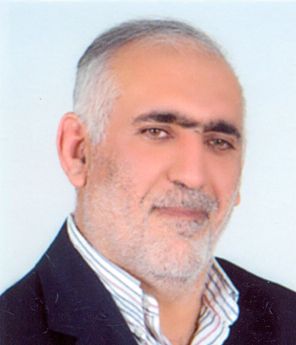
Seyyed Ali Malek-Hosseini
Seyyed Ali Malek-Hosseini was born in 1949 in Boyerahmad, southwestern Iran. After graduation from Tehran and Shiraz Universities of Medical Sciences, he participated from 1990 to 1992 in a fellowship training program in liver transplantation in Pittsburgh, USA, where he had the opportunity to work with a number of eminent scholars like Dr. Thomas Starzl. Since the beginning of his career, more than three decades ago, Dr. Ali Malek-Hosseini’s major concern has been to establish the necessary infrastructures for a network in the region for the procurement of organs from brain-dead donors to put an end to organ selling in Iran and open avenues for transplantation of other organs. Currently, he is the director of the largest solid organ transplantation center in the world in Shiraz, southern Iran—the Avicenna Organ Transplantation Institute, the largest charity foundation in the region. Almost all kidneys transplanted in the center are taken from deceased donors, which has no second in the world in terms of cadaveric donation rate. In 2017, after performing 638 liver transplantations (93% taken from deceased donors) in the center, it beat the world record. The center is also devoted to training of transplant surgeons from other countries, mainly MESOT states. Over the past years, Dr. Ali Malek-Hosseini’s endeavors have been acknowledged by several national and international bodies. In January 2020, he was awarded the honorary fellowship of the American College of Surgeons. His vision is to promote our transplant center in Shiraz to an internationally recognized university in the forthcoming decade.
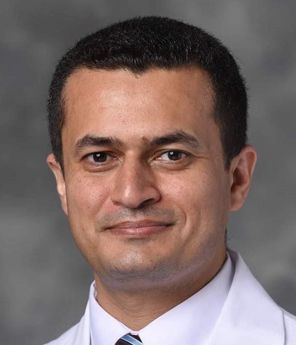
Ahmed M. Elsabbagh
Ahmed Elsabbagh, MD, MS, MRCS, PhD is an Associate Professor, Liver transplant and Hepatopancreatobiliary (HPB) surgeon at Gastrointestinal Surgery and Liver Transplantation Center, Mansoura University, Egypt, one of the top centers in Living Donor Liver Transplantation (900 cases so far, 2 cases every week). Formerly, he served as an Associate Professor, Multi-Organ Transplant and HPB surgeon at St. Vincent hospital, Indianapolis, USA. He is an active member in many international transplant societies, the vice president of the Egyptian Liver Transplant Society and a member of Royal College of Surgeons of England. He served in International Pediatric Transplant Association (IPTA) Education Committee. He has extensive experience in the field of Transplantation. He gained experience in USA at Cleveland Clinic, Mount Sinai Medical Center, Henry Ford Hospital and, Georgetown University Transplant Institute where he finished American Society of transplant Surgeons (ASTS) accredited 2-year Multi-organ Transplant/HPB Surgery Fellowship. Dr. Elsabbagh is a strong professional who has received nationally and internationally recognized awards in the field of Transplantation. He authored articles in professional journals and presented his work at many meetings and conferences. He has special interest in ERAS pathways in solid organ transplant, microbiome, pediatric and living donor organ transplant and medical education. His vision includes outreach to developing countries in Africa and middle east to improve the outcome and access to transplantation. Dr. Elsabbagh has been involved in many transplant-related educational activities in North America and Middle East.
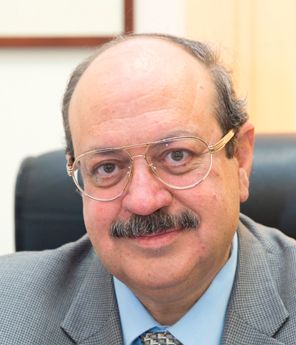
Riadh Fadhil
Prof. Fadhil is a senior consultant urologist and transplant surgeon at Hamad Medical Corporation in Doha, Qatar, where he has worked since 2004. He has led the development of Qatar’s deceased organ donation program, known as the Doha Model, which provides equitable access to donation and transplantation for all residents of Qatar regardless of citizenship or financial status. He has played a leading role in development of Qatar’s multi-organ transplant program, the ethical and legal framework of organ donation and transplantation, and the Doha International Academy for Organ Donation. Currently, he serves as Director of the Academy and of the Qatar Organ Donation Center. Prof. Fadhil served as Dean of the College of Medicine in Iraq, Founder and Secretary- General of the Iraqi Association of Nephrologists and Urologists, founder of the University Kidney Transplant Center, and Editor in Chief of the Iraqi Journal of Medical Sciences. His international advisory roles include councilor in the Declaration of Istanbul Custodian Group (2016-2018), The Transplantation Society Ethics Committee member (2014-current), and member of the WHO Taskforce on Organ Donation and Transplantation (2018-current). Prof. Fadhil firmly believes that self-sufficiency in transplantation can only be achieved through international cooperation in developing donation programs, fighting commercialism, and fostering trust within multicultural societies. His commitment to helping other colleagues to establish their own organ transplantation programs internationally triggered the launch of the Qatari-led global program named “Reaching Out for Organ Transplant Self-sufficiency” (ROOTS).
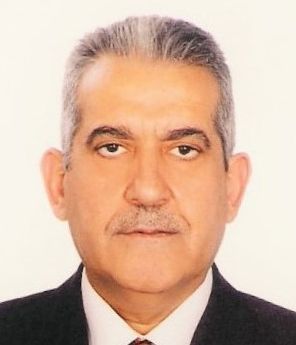
Marwan Masri
Professor Marwan Masri is a world renowned figure in the field of organ transplantation, and drug evaluation, especially for cancer and immunotherapy drugs. Professor Masri has a PhD in Medical Immunopathology. He is currently the president of the Mediterranean Transplant Network (MTN), the past president of the Asian Society of Transplantation (AST), the past president of the Middle East Society for Organ Transplantation (MESOT), a member of TTS Ethics and Education Committees, a member of the Declaration of Istanbul custodian group (DICG), Associate Editor Experimental and Clinical Transplantation, and a guest editor Transplantation Proceedings (2002, 2003, 2010 and 2013). He has published over 100 publications and received medals for Lifelong Achievement in Transplantation, Outstanding Contributions to Research in Transplantation and the Medical services Medal of honor Canadian Armed Forces (IMPACT).
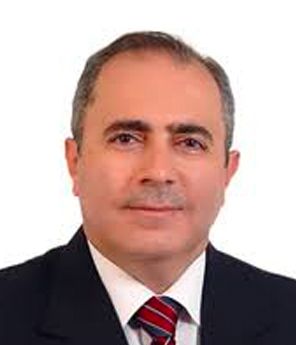
Bassam Saeed
Bassam Saeed , M.D., F.R.C.P. is the Director of the Farah Association for Child with Kidney Disease in Sytia. Prior to that, he served as Chief of the Division of Pediatric Nephrology at Surgical Kidney Hospital in Damascus Syria, and he is the founder and the first Chairman of the Pediatric Nephrology Fellowship Program where the first kidney transplant for a pediatric recipient has taken place in Syria. He is a Consultant Pediatric Nephrologist. Following his MD. In 1984 and his master degree in Pediatrics in 1987 from the University of Damascus, he completed his Pediatric Nephrology fellowship at the University of Paris V, under the guidance of Pr. Michele Broyer. Later on, he received an Honorary FRCP from Edinburgh UK in 2015 given his numerous researchs and large contributions in the field of Pediatric Nephrology and Organ Transplantation. Dr. Saeed served as President of the Middle East Society for Organ Transplantation MESOT from 2018-2020. He has served on MESOT continuously since 2004, as Councilar, ME Region representative, Secretary. President, and Past President. He is now representing the Middle East Region on the ISN Continuing Medical Education Committee. His vision for TTS includes outreach to developing countries and enhancing global alliances to improve the outcome and access to transplantation."
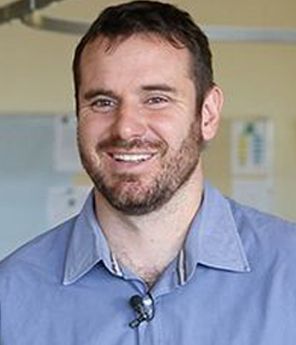
David Thomson
David Thomson is a transplant surgeon and critical care specialist at Groote Schuur Hospital and the University of Cape Town. He completed his undergraduate training in 2002 at the University of Kwa-Zulu Natal and went on to specialise in surgery at the University of Cape Town completing his FCS(SA) in 2011 and MMed(Surgery) in 2012 and Critical Care in 2015. Awarded the Garron Caine Travelling Fellowship he attended the Harvard Centre for Surgery and Public Health, Massachusetts General Hospital and Brigham and Women’s Hospital transplant units in Boston in 2014. He currently works as a surgeon in the liver and renal transplantation and leads the critical care ECMO program supporting the heart and lung transplant teams. His interests are medical education and system improvement. He created the massive open online course Organ Donation: From Death to Life hosted on Coursera.org to improve education around organ donation and transplantation. He is the current President of the Southern African Transplantation Society and developed a report on Organ and Tissue Donation in South Africa: Creating a National Strategic Roadmap in collaboration with the International Society for Organ Donation and Procurement. He worked on the World Brain Death Project and is the lead author on the South African Guidelines for Determination of Death published in 2021. As Africa / Middle East councillor he would look to use his experience to build on The Transplantation Society’s work and improve organ donation and transplant systems in the region.
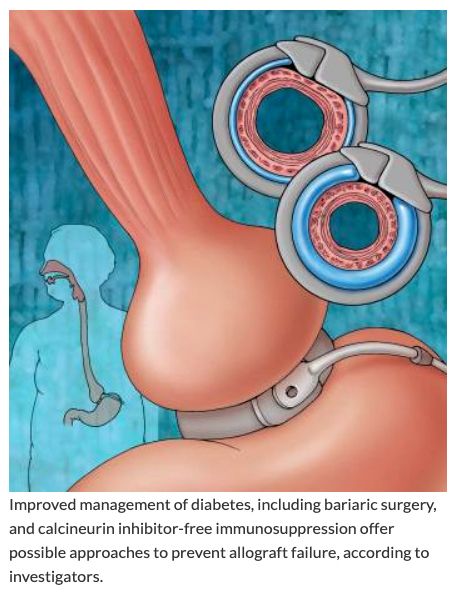
Kidney Transplant Populations at High Risk for Allograft Loss Identified
Investigators have identified 2 distinct populations at high risk for graft loss after kidney transplantation. Risk factors at baseline suggest approaches to management, according to investigators.
Among 5752 solitary kidney transplants performed 2006-2018, graft loss occurred in 21.6% of patients, including 9.6% with graft failure and 12.0% with death with a functioning graft (DWFG).
Reference: Merzkani MA, Bentall AJ, Smith BH, et al. Death with function and graft failure after kidney transplantation: Risk factors at baseline suggest new approaches to management. Transplantation Direct. 8(2):e1273. doi:10.1097/TXD.0000000000001273
How a game-changing transplant could treat dying organs
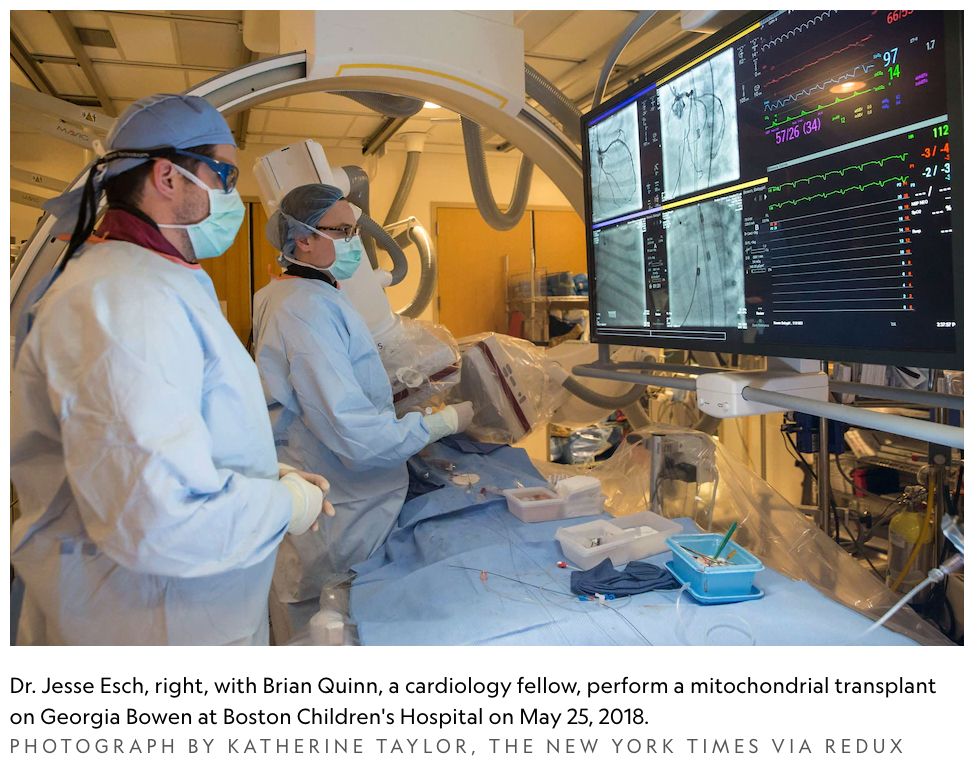
Young Stroke Victims' Hearts Might Not Be as Good for Transplantation
UNOS data suggest interaction by age and mode of brain death
Hearts donated after death from stroke presented a higher mortality risk to the recipient if the donor was under age 40, a study showed.
In terms of recipient mortality, an analysis of the United Network for Organ Sharing (UNOS) registry showed no overall effect of stroke as a cause of donor brain death on outcomes, similar to what other contemporary series have shown.
However, there was more to it, with a "nonintuitive" interaction by donor age (P=0.008), reported Shinobu Itagaki, MD, MSc, of Mount Sinai Medical Center in New York City, and colleagues in the Journal of the American College of Cardiology.
3D Planning Cut Post-Op Complications in Kids' Liver Transplants
— But little effect on graft, patient survival rates
Use of advanced preoperative 3D planning for pediatric liver transplant patients receiving larger grafts was associated with lower risk of postoperative complications, a small retrospective study in Taiwan found.
What Happens in the Brain When an Organ Transplant is Rejected?
— The brain-organ connection is complex. Here’s what surgeons look for before, during and after a transplantation.
Livers outnumber people in Catherine Kling’s operating room at the University of Washington Medical Center. On this particular day, the extra organ — the only one ex-vivo, cleaned and sitting on ice — arrived just hours before the transplantation, the culmination of a thoughtful and time-consuming process of diagnoses, donor locating, evaluations and transportation, all sequenced by many expert pairs of eyes and hands.
NEW! TTS Research Grants Program
- The three seeding grants, at $25,000 each, will provide support to clinical, basic and translational scientists working within the field of transplantation. Research must commence on September 1st 2022 and conclude on 31st October, 20, 2024.
- Up to $25k per year for up to 2 years with requirement for annual reporting. The extra 2 months is intended to provide buffer for start-up, i.e. 14 months first period and 12 months second period
- The research start date cannot be deferred for any reason.
- Applications must be submitted in full by June 1st 2022 in order to be reviewed.
- The recipient will sign a letter of agreement with TTS. Payments will be issued to the recipient’s institution by TTS, and the recipient will report to the TTS Research Grant Committee.
2022 Awards Call for Nominations
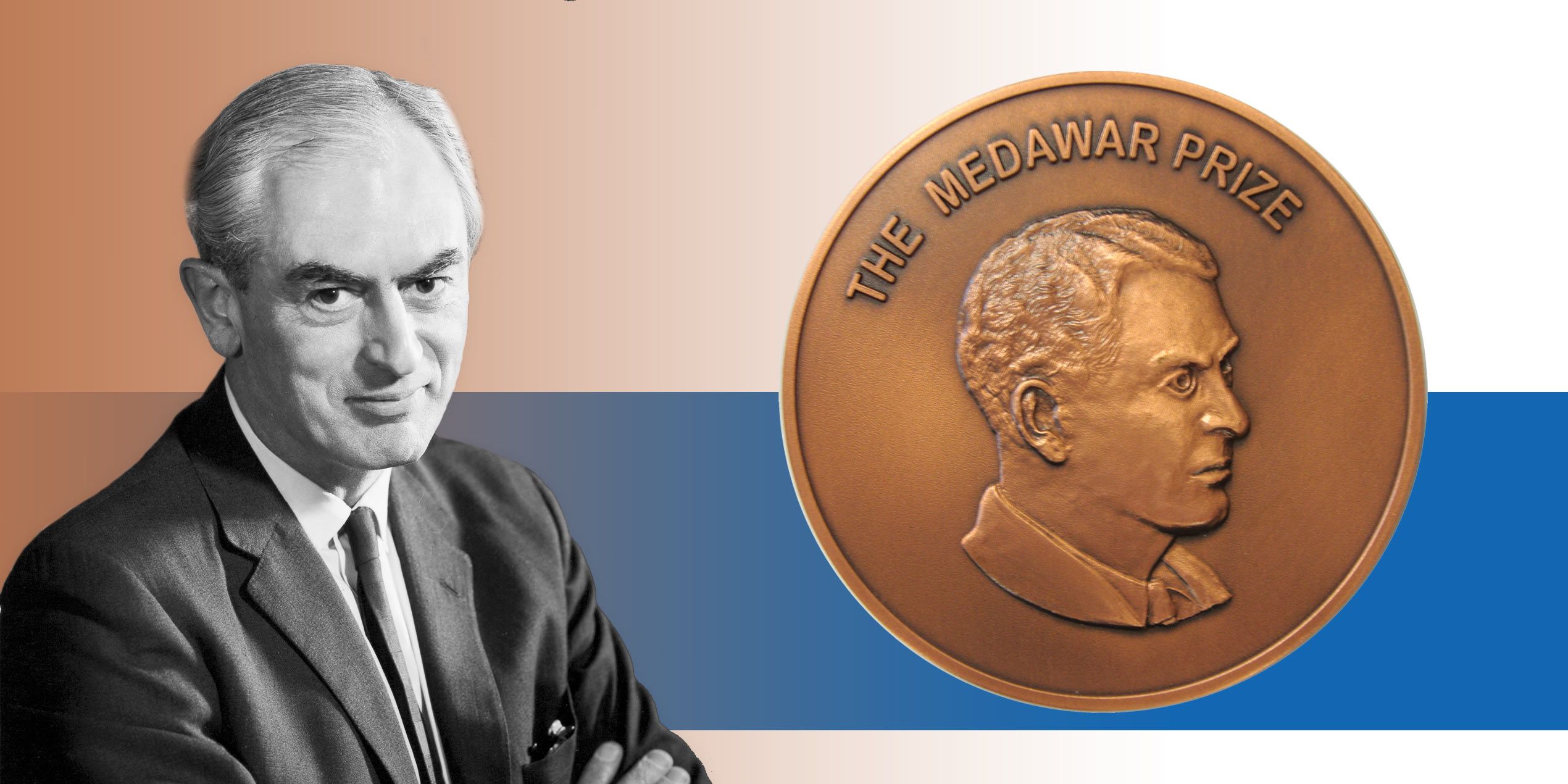
Call for nominations
Recognized as the world's highest dedicated award for the most outstanding contributions in the field of transplantation.
The Medawar Prize
The Medawar Prize, named after Society co-founder Sir Peter Medawar, is recognized as the world's highest dedicated award for the most outstanding contributions in the field of transplantation. The Medawar Prize has been awarded at each of our Society's biennial Congresses since 1990.
The award recognizes the outstanding investigators whose contributions have had such a profound influence on the field of organ transplantation. The Medawar Prize is universally considered to be commensurate with the most outstanding world prizes for scientific achievement.
May 1, 2022
Eligibility to Award
Frequency of Award
Selection of the Recipient
Monetary Award
Past Medawar Laureates

CALL FOR NOMINATIONS
Previous Winners

Call for nominations
Available Awards for 2022
Outstanding Achievement Transplantation Science (Basic)
Outstanding Achievement in Transplantation Science (Clinical)
Outstanding Achievement in Transplantation Science (Developing Country)
Mentorship or Education and Training in Transplantation
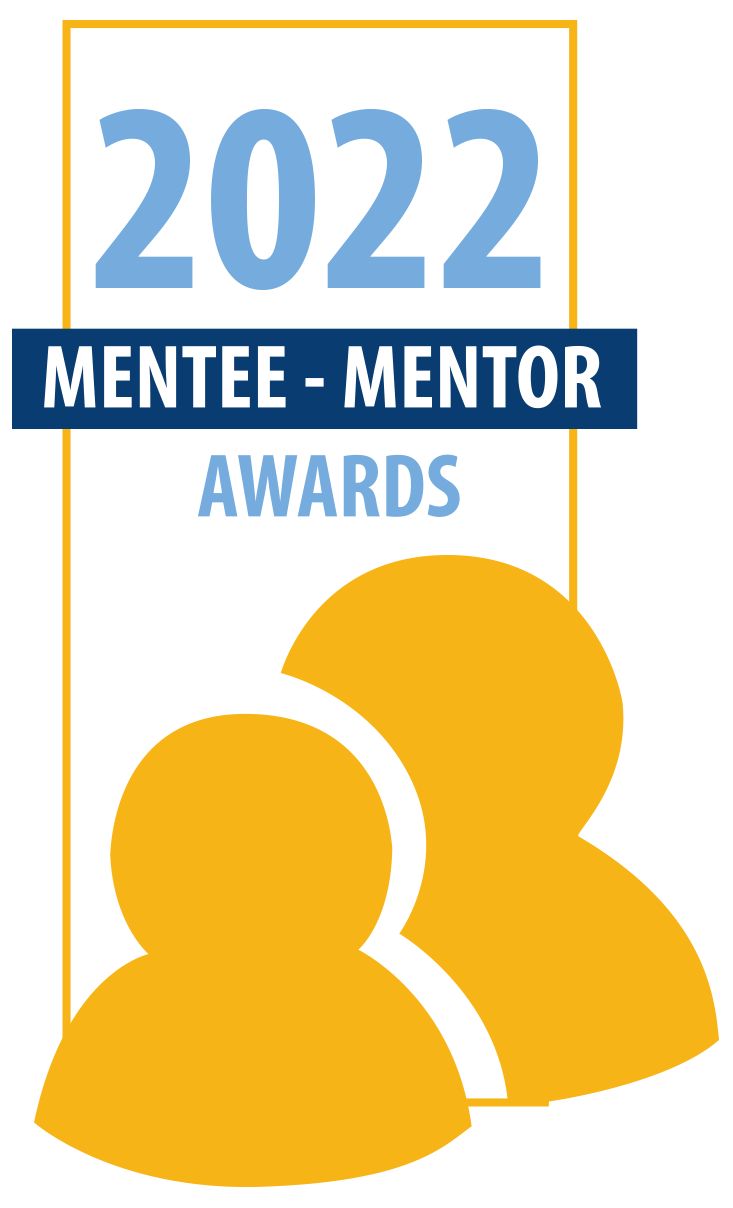
THE INTERNATIONAL TRANSPLANTATION SCIENCE MENTEE-MENTOR AWARDS FOR THE 29TH INTERNATIONAL CONGRESS OF THE TRANSPLANTATION SOCIETY (TTS 2022) – BUENOS AIRES, ARGENTINA, SEPTEMBER 10-14, 2022.
The Transplantation Society celebrates the contributions of basic science to the field of transplantation with the International Transplantation Science Mentee-Mentor Awards to recognize the efforts of scientists who have advanced our understanding of transplantation science and fostered the development of the young investigators who will be the future leaders in our field.
The application will open in January 2022. Deadline for submission is April 10, 2022.
Click here for more detailsInternational Transplantation Science Mentee-Mentor Awards
Statement of The Transplantation Society’s support to the people of Ukraine.

As the global leader in transplantation, committed to health and life for all, The Transplantation Society expresses grave concern over the escalating violence and humanitarian crisis in Ukraine.
The protection of civilians and preservation of healthcare is imperative. TTS stands ready to support our colleagues, friends, families and patients impacted by this tragedy. As a non-State actor in official relations with the World Health Organization, we will seek collaborate with the WHO to provide our expert assistance on the Ukraine emergency
We are monitoring the situation and have setup a donation page (https://ukraine.tts.org) to collect funds to be distributed to support the maintenance of healthcare in the Ukraine and assist transplant patients as may be possible. We will also reach out to contacts to assess how we can assist to re-establish transplantation activities once the crisis has ended. TTS will match each contribution, dollar for dollar, up to $50,000 USD in total.

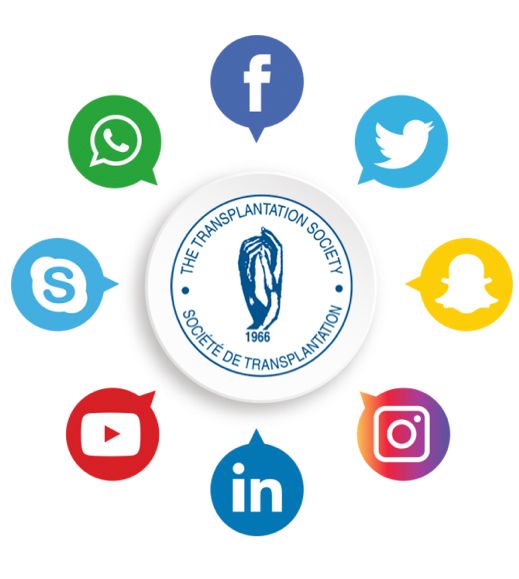
TTS International Social Media Ambassadors
- Work closely with our leadership and the TTS IHQ team to produce digital content (tweets, posts, blogs, vlogs, podcasts, interviews, calls to action, opinions, manuscript / article reviews and commentaries, etc.) to be posted on your own and TTS media channels. The over-arching theme is to drive engagement.
- Promote TTS and its mission through social media channels.
- Promote the TTS Congress and events through social media.
- Recognition on the TTS website with photo, bio and links to social media accounts
- Free registration at TTS 2022 Congress in Buenos Aires.
- Opportunity for interaction with our leadership and the key-opinion leaders in transplantation
- Opportunity to grow your own audience and career advancement
Latest Video Additions
Contact
Address
The Transplantation Society
International Headquarters
740 Notre-Dame Ouest
Suite 1245
Montréal, QC, H3C 3X6
Canada
Используйте Вавада казино для игры с бонусом — активируйте промокод и начните выигрывать уже сегодня!

